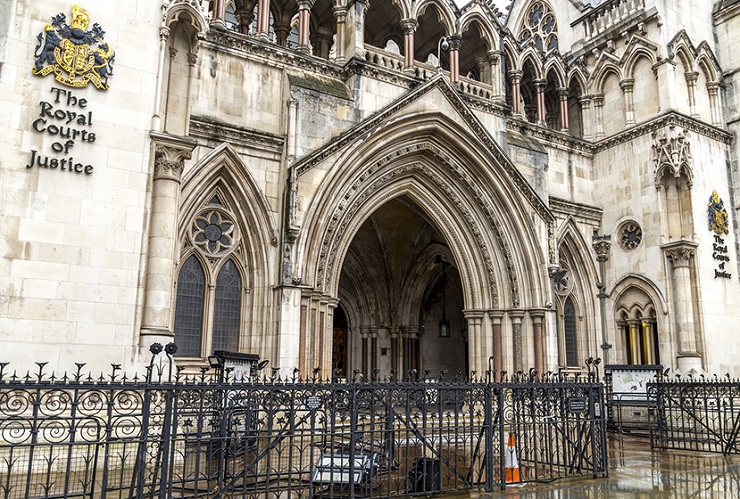Solicitors could not bill estate in absence of charging clause, EWCA rules

The deceased had made a will less than a month before her death in April 2014. It was drawn up with the assistance of Robin Shepherd, one of the two partners of local law firm Shepherd & Co (along with the firm’s other partner, the appellants). She appointed her brother, Peter Hayward, and the appellants as executors of the will. The will divided the deceased’s GBP878,000 residuary estate between her son Peter Brealey (the respondent), daughter-in-law and grandchildren.
However, it contained no express provision entitling her solicitor executors to charge for their own time spent in the administration of the estate or any specific direction in relation to the instruction of Shepherd & Co. It is not known why.
Probate was granted in June 2014. The main asset in the estate was the deceased’s home, where the respondent also lived. The respondent refused to move out, so the executors had to bring legal action to obtain possession. There was also a dispute about the recovery of a GBP40,000 loan that the deceased had made to the respondent.
The executors entered into various retainers with Shepherd & Co to resolve these matters and also the general administration of the estate. Over the next five years, the work done by Shepherd & Co generated bills totalling GBP153,507.38. The 91 invoices raised were addressed to both executors, but it is not disputed that they were approved by the lay executor Peter Hayward.
They were not, however, approved by the respondent, who was one of the main beneficiaries. In 2019, he issued a claim as a third party for an assessment of the various bills delivered the previous month. The claim was a broad challenge to the level of costs claimed and to the approach taken by Shepherd & Co to the estate administration. Although the respondent did not challenge the executors' decision to engage Shepherd & Co in the disputes about the loan and possession of the house or the general administration of the estate, he did challenge Shepherd's own charges for acting as an executor when the administration was being dealt with by another partner in the firm, thus duplicating the costs.
The case first came before the England and Wales High Court (EWHC) in May 2021 and has now come to the England and Wales Court of Appeal (EWCA). The EWCA's job was to decide the issue of principle as to whether Shepherd was barred from charging for his time spent as an executor by the absence of any form of charging clause in the deceased’s will. In the absence of a charging clause, Shepherd had to rely either on the provisions of section 29 of the Trustee Act 2000 or alternatively on the court exercising its inherent jurisdiction to permit him to be remunerated for his time and services out of the estate.
The EWCA regarded the decision as one of 'balancing the rival considerations'. There is, it noted, an established principle that the office of a trustee or executorship is gratuitous absent an express authorisation of remuneration in the trust deed or will, coupled with the obvious duty of any fiduciary to prefer the interests of the beneficiaries over his own. That meant that any exercise of the inherent jurisdiction to authorise remuneration is exceptional and must be justified. It noted the EWHC judge's comments that he could not exercise the inherent jurisdiction in favour of allowing Shepherd to be remunerated as executor in the absence of any real information to explain the lack of a charging clause. It was up to the professional executor to demonstrate why the estate should have to pay over GBP150,000 in fees in the absence of such a clause, rather than for the beneficiaries to prove that they should not.
The judge's decision was thus not open to challenge on that ground, said Patten LJ, giving the EWCA's unanimous judgment. 'It was a permissible exercise of his judicial discretion to rule that in the absence of any evidence filed by Shepherd & Co. to support the application he was not able to accede to it. That was a decision properly open to him and is not one with which this court can interfere.' The appeal was duly dismissed (Brealey v Shepherd & Co, 2024 EWCA Civ 303).

Connect with us